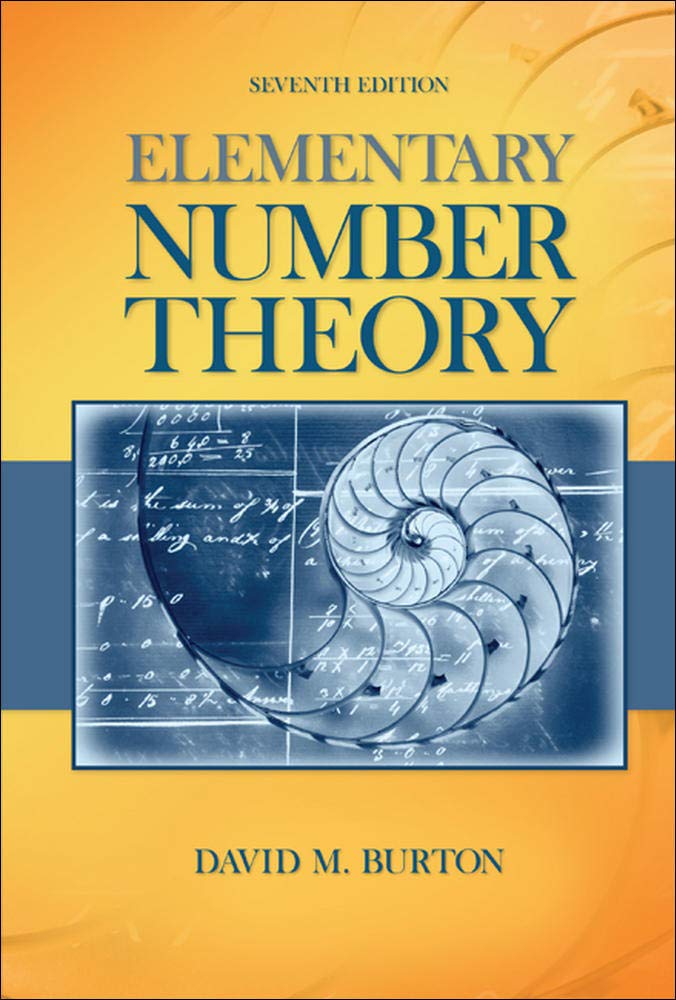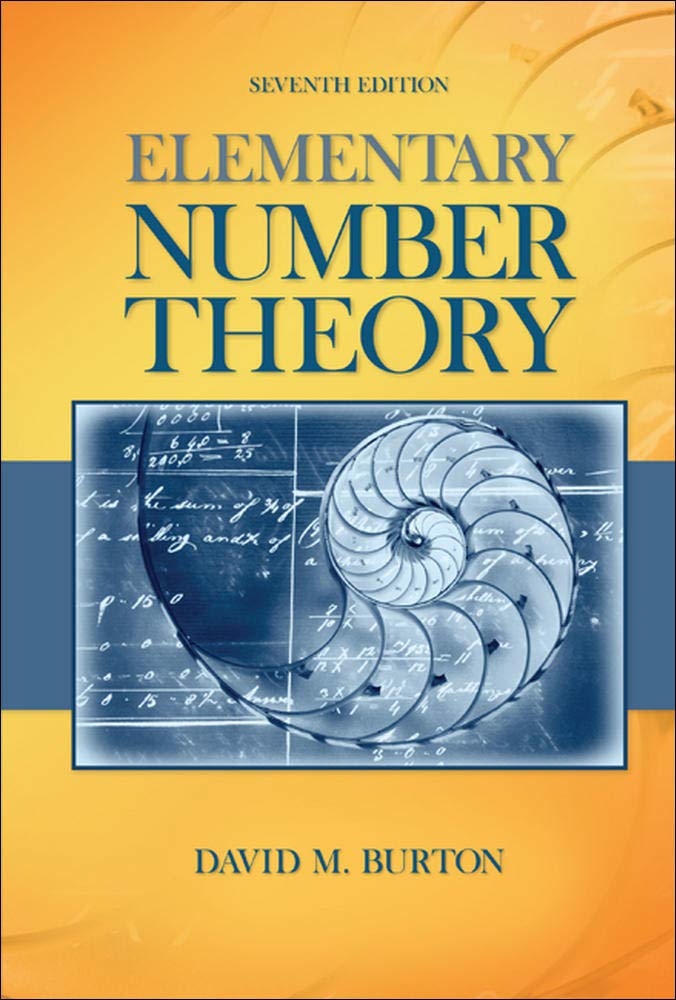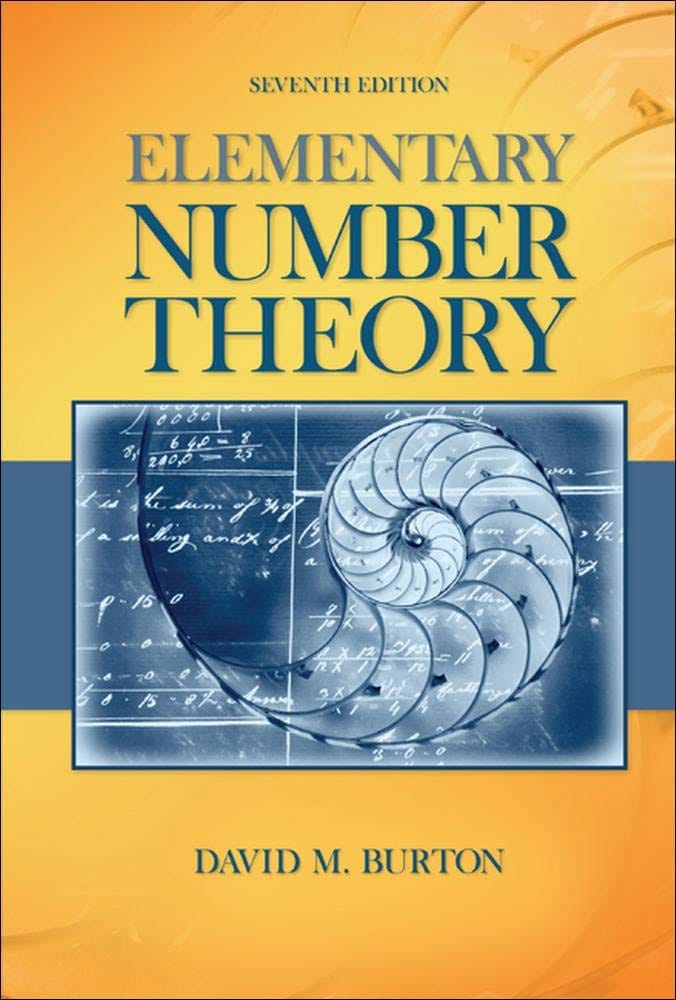
Elementary Number Theory Problems 3.2 Solution (David M. Burton's 7th Edition) - Q1
Ranblog Solution for "Determine whether the integer $701$ is prime by testing all primes $p \leq \sqrt{701}$ as possible divisors. Do the same for the integer $1009$."
Table of Contents
This is my solution for Chapter 3.2 Q1 in the book Elementary Number Theory 7th Edition written by David M. Burton.
Background
All theorems, corollaries, and definitions listed in the book's order:

I will only use theorems or facts that are proved before this chapter. So you will not see that I quote theorems or facts from the later chapters.
Question
Determine whether the integer $701$ is prime by testing all primes $p \leq \sqrt{701}$ as possible divisors. Do the same for the integer $1009$.
Solution
For $701$, $p \leq \sqrt{701} \approx 26.48$ means all primes $p \leq 26$.
All primes $\leq 26$ are $2, 3, 5, 7, 11,13, 17, 19,$ and $23$. $701$ is not divisible by any of these. Thus $701$ is prime.
For $1009$, $p \leq \sqrt{1009} \approx 31.76$ means all primes $\leq$ 31.
All primes $\leq 31$ are $2, 3, 5, 7, 11,13, 17, 19, 23, 29$ and $31$. $1009$ is not divisible by any of these. Thus $1009$ is prime.
Read More: All My Solutions for This Book
Related Pages
Ranblog Newsletter
Join the newsletter to receive the latest updates in your inbox.


